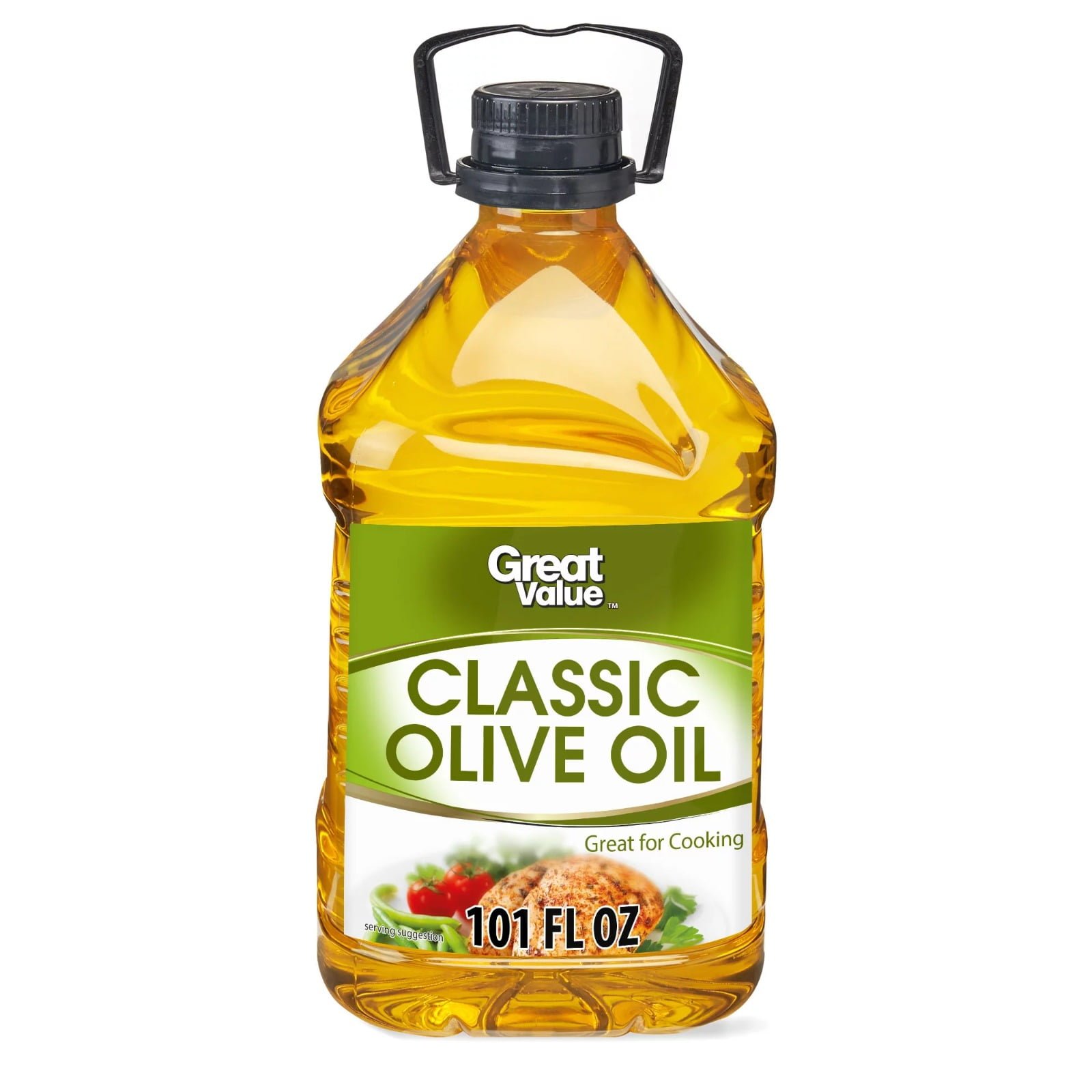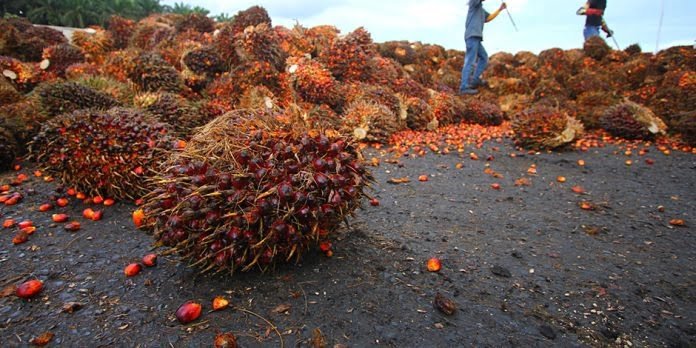Cooking oil producers is a significant sector that encompasses various types of edible oils derived from seeds, nuts, and fruits.
This article provides an overview of the leading cooking oil producers globally, highlighting major countries and companies that dominate the market.
Leading Cooking Oil Producing Countries
1. Indonesia
Indonesia is the largest producer of palm oil, accounting for over half of the world’s supply. Palm oil is a versatile and widely used oil in food products, cosmetics, and biofuels. The country’s vast plantations and favorable climate conditions contribute to its dominance in the industry. Major companies like Wilmar International and Golden Agri-Resources are key players in Indonesia’s palm oil sector.
2. Malaysia
Malaysia follows closely behind Indonesia in palm oil production. The country’s government supports sustainable palm oil practices, promoting certification programs like the Malaysian Sustainable Palm Oil (MSPO). Companies such as Sime Darby Plantation and IOI Corporation play a crucial role in Malaysia’s palm oil market.
3. United States
The United States is a leading producer of soybean oil, which is one of the most consumed cooking oils globally. The country’s advanced agricultural practices and technology contribute to high yields. Major companies like Archer Daniels Midland (ADM) and Cargill dominate the U.S. soybean oil market, providing a significant portion of the global supply.
4. China
China is a major producer and consumer of cooking oils, particularly rapeseed (canola) oil and peanut oil. The country’s extensive agricultural sector supports its substantial output. Companies like COFCO Group are pivotal in China’s cooking oil industry, ensuring a steady supply to meet domestic demand.
5. Brazil
Brazil is a significant producer of soybean oil, thanks to its vast arable land and favorable climate. The country is one of the top exporters of soybeans and soybean oil. Major companies like Bunge and Amaggi are influential in Brazil’s cooking oil market, contributing to both domestic and international supply.
Leading Cooking Oil Producing Companies
1. Wilmar International
Wilmar International, headquartered in Singapore, is one of the largest agribusiness groups in Asia. The company’s extensive network spans over 50 countries, with significant operations in palm oil, soybean oil, and other edible oils. Wilmar’s commitment to sustainability and innovation makes it a key player in the global cooking oil industry.

2. Archer Daniels Midland (ADM)
Based in the United States, ADM is a global leader in agricultural processing and food ingredient manufacturing. The company produces a wide range of cooking oils, including soybean, canola, and sunflower oil. ADM’s integrated supply chain and focus on quality and sustainability have solidified its position in the market.
3. Cargill
Cargill, another U.S.-based giant, operates in numerous sectors, including agriculture, food, and industrial products. The company is a major producer of cooking oils, offering a diverse portfolio that includes soybean, palm, and corn oil. Cargill’s emphasis on innovation and sustainability drives its success in the global market.

4. Sime Darby Plantation
Sime Darby Plantation, headquartered in Malaysia, is a leading integrated palm oil producer. The company’s operations span the entire palm oil value chain, from plantation to downstream processing. Sime Darby’s commitment to sustainable practices and community engagement sets it apart in the industry.
5. Bunge
Bunge, a global agribusiness and food company based in the United States, is a key player in the production and distribution of cooking oils. The company’s extensive network and focus on innovation and sustainability enable it to meet the growing demand for edible oils worldwide.
Trends in the Cooking Oil Producers
Sustainability and Certification
The cooking oil industry is increasingly focused on sustainability, driven by consumer demand for environmentally friendly products. Certification programs like the Roundtable on Sustainable Palm Oil (RSPO) and the Malaysian Sustainable Palm Oil (MSPO) are gaining traction, ensuring that oil production adheres to responsible practices.
Health and Wellness
Health-conscious consumers are driving demand for oils with favorable nutritional profiles, such as olive oil, avocado oil, and flaxseed oil. Companies are responding by offering a wider range of healthier cooking oils, often fortified with vitamins and omega-3 fatty acids.
Technological Advancements
Advances in biotechnology and processing techniques are enhancing oil yields and quality. Innovations in extraction methods, such as cold-pressing, help retain the nutritional value and flavor of oils, catering to premium market segments.
Market Diversification
Companies are expanding their product portfolios to include a variety of cooking oils, catering to diverse culinary traditions and preferences. This diversification helps mitigate risks associated with relying on a single type of oil and meets the evolving tastes of global consumers.
Conclusion
The cooking oil industry is a dynamic and vital sector within the global economy, driven by major producers in countries like Indonesia, Malaysia, the United States, China, and Brazil. Leading companies such as Wilmar International, ADM, and Cargill play crucial roles in meeting the world’s demand for cooking oils. As the industry continues to evolve, trends in sustainability, health, and technological innovation will shape its future, ensuring a steady supply of diverse and high-quality cooking oils for consumers worldwide.



